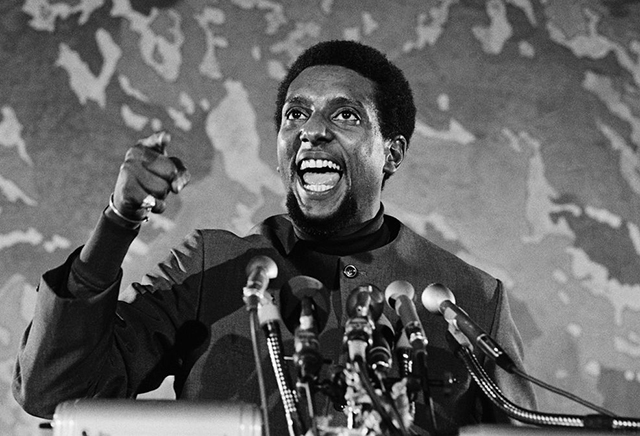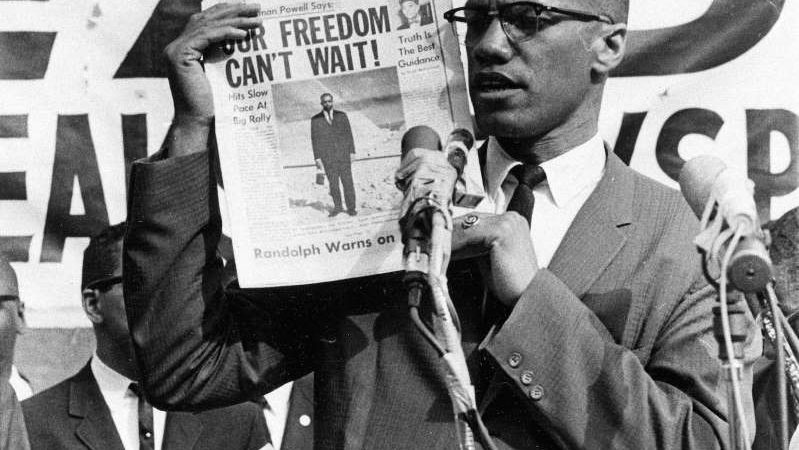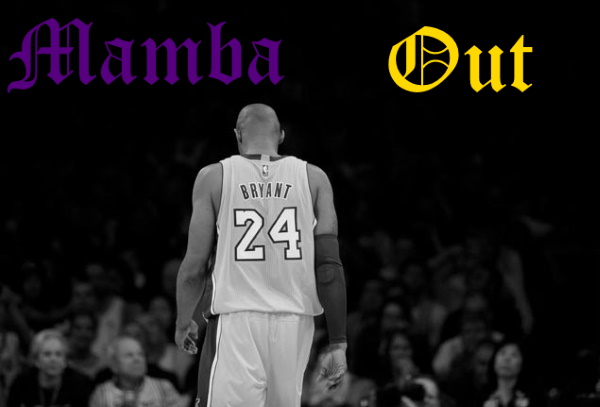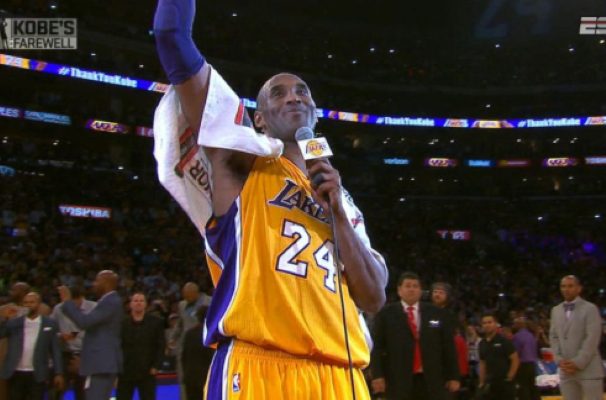As with just about every other aspect of American popular culture, Black Americans are woefully underrepresented and marginalized in the world of comics. Likewise, as that level of exposure gradually increases, it always follows a predictable pattern. Our first appearances almost always consist of the requisite indignities, usually in the capacity of comic relief and/or the loyal but expendable sidekick. As it gradually became more acceptable to feature Black characters, the Black Experience inhabited the furthest extremes of an already limited spectrum. Black superheroes are often hyper-masculine cartoons or emasculated symbols of nobility. Those seem to be the only two choices available for Black readers hoping to find something they can relate to on the shelves of their local retailer. This dilemma is given the scholarly treatment in African American Studies professor Jonathan Gayles, Ph.D.’s upcoming documentary, Shaft or Sidney Poitier: The Emergence of Black Masculinity in Comic Books.
Shaft or Sidney Poiter: The Emergence of Black Masculinity in Comic Books explores the dichotomy of the Black superhero. It offers insight as to the underlying themes and messages bubbling just beneath the surface of these limited archetypes that have long since become accepted clichés. It boldly asks a number of intriguing questions: Why was Luke Cage conceived as a superpowered mercenary when his white contemporaries traditionally offered their services free of charge? It also offers insight into the resulting dilemmas and obstacles routinely placed in front of those who wish to tell stories involving Black characters. To support its thesis, the documentary features interview footage with such acclaimed writers and creators as Reginald Hudlin, Dawud Anyabwile, and the immortal Dwayne McDuffie.
The most interesting thing about the trailer is its refreshing honesty regarding the film it advertises. Shaft or Sidney Poiter isn’t a pleasant trip down memory lane, nor is it a glossed over pseudo-documentary looking to cash-in on a niche audience. It bares none of the colorful hallmarks of its subject matter. There’s nothing in the way of the expected flamboyance that usually accompanies just about anything regarding comics and/or superheroes. The viewer is not shown any artwork from various issues of Luke Cage: Hero For Hire or The Black Panther. It’s basically a series of talking heads. Jonathan Gayles is clearly interested in serious analysis and discussion. This will probably scare away casual and/or impatient viewers. On the flip side, it will play as inviting to those who consider themselves to be true scholars of the form.
Superheroes have long been sold to the public as both symbols of hope and role models for the young. Superman and his ilk are among the most recognizable (and marketable) icons of all time. They are said to represent the purest of American virtues and values. Keeping such things in mind, it’s very telling that they also represent yet another exclusive country club to which Black males are offered extremely limited access. When we are finally allowed access, we are required to forsake our collective pride and accept second class citizenship. As the medium of superhero comics has matured and changed throughout the decades, Black characters remain in a state of stunted growth. They are not allowed the layered characterizations or complex humanity offered to their white brethren. Since the 1960’s, they have placed neatly into a pair of inconsequential roles. One is a caricature, the other a bore. This evolution (or lack thereof) has yet to be adequately addressed. Hopefully, Shaft or Sidney Poitier: The Emergence of Black Masculinity in Comic Books will correct that oversight.
Follow Malice Intended on Twitter @ http://twitter.com/renaissance1977
Follow Us on Twitter @ http://twitter.com/planetill
Join Us on the Planet Ill Facebook Group for more discussion
Follow us on Networked Blog





